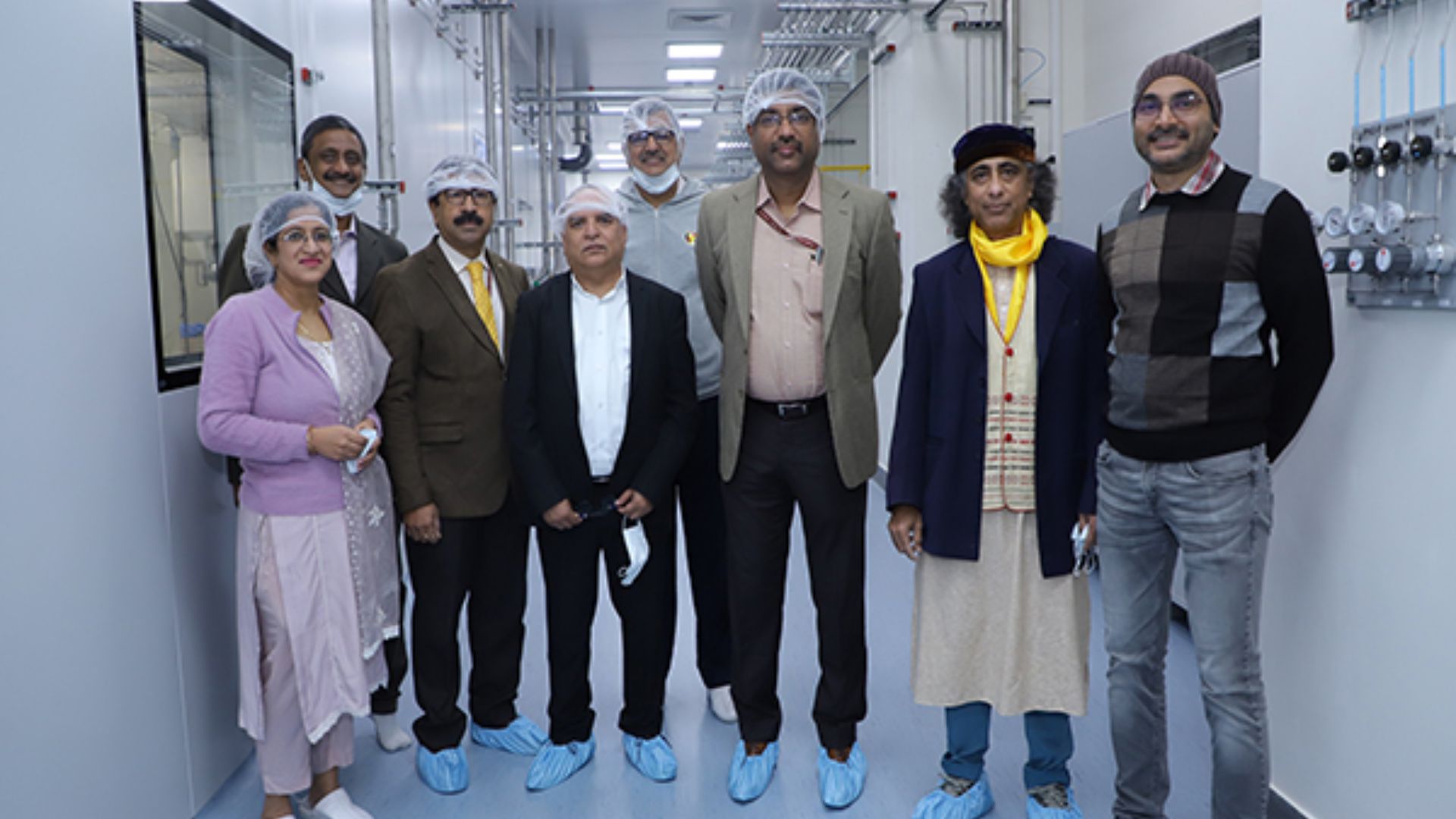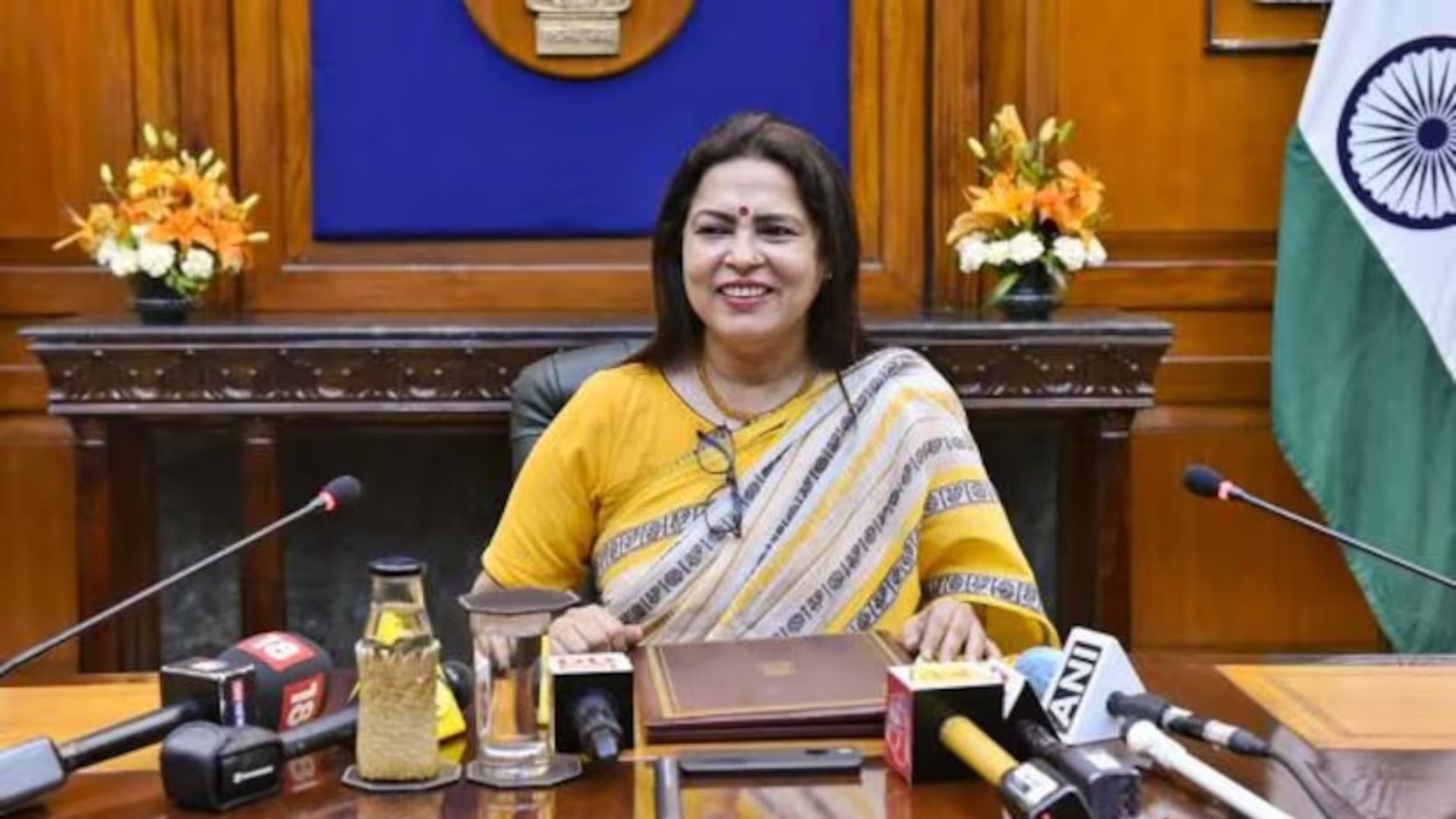










Secretary of the Ministry of Electronics and Information Technology (MeitY), S Krishnan, inaugurated the ‘groundbreaking’ SWASTHA project and state-of-the-art ISO 5 and 6 clean room facilities at the Centre for Nanotechnology, IIT Guwahati, on Friday.
The Smart Wearable Advanced NanoSensing Technologies in Healthcare ASICs (SWASTHA) project aims to revolutionize healthcare through advanced nanoelectronic theranostic devices. It seeks to deliver high-quality products and prototypes in micro/nanoelectronics and nanomaterials, with a focus on healthcare and energy applications. Emphasizing innovation, scientific collaboration, and technological progress, IIT Guwahati stated in a press release.
During the event, Krishnan highlighted, “The successful establishment of the clean room facilities and the implementation of the SWASTHA Centre for Excellence is an epoch-making event in the North-Eastern region because the young human resources can now utilize these world-class high-end facilities available at their doorstep to pursue their lofty scientific and technological dreams.”
The ISO 5 and 6 clean room facilities mark the first of their kind in the northeastern region of India. They are dedicated to promoting awareness and training in micro/nanoelectronic fabrication, facilitating industrial research and development, and supporting the Indian Nanoelectronics Users Programme (INUP), the release noted.
“In short, this has been a phenomenal start to this pioneering center in North-East India, which has set a new benchmark for all such activities to follow not only in this region but also in the country,” Krishnan added.
The project and facilities are designed towards high technology readiness level (TRL), deep-tech invention and innovation, startup support, entrepreneurship development, long-term sustainability, capacity building, revenue generation, and collaboration with experts in India and abroad for both academia and industry professionals, it added.
Krishnan commended IIT Guwahati’s continuous efforts in supporting the Atmanirbhar Bharat and Make in India initiatives of the Government of India by developing a robust ecosystem for multidisciplinary research, development, and commercialization.









